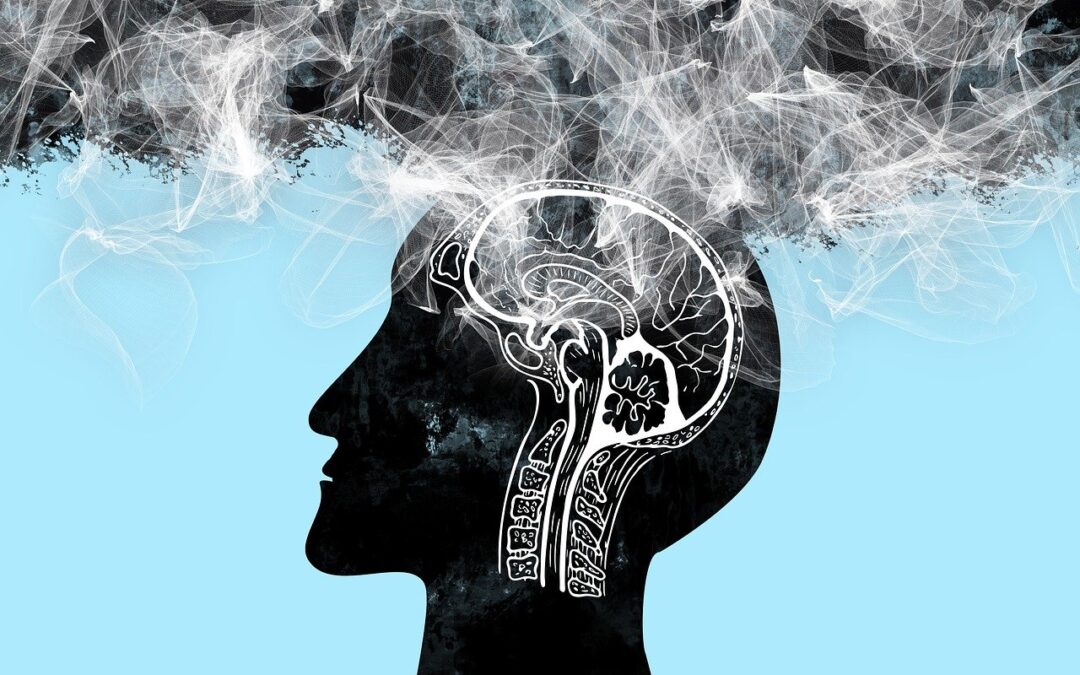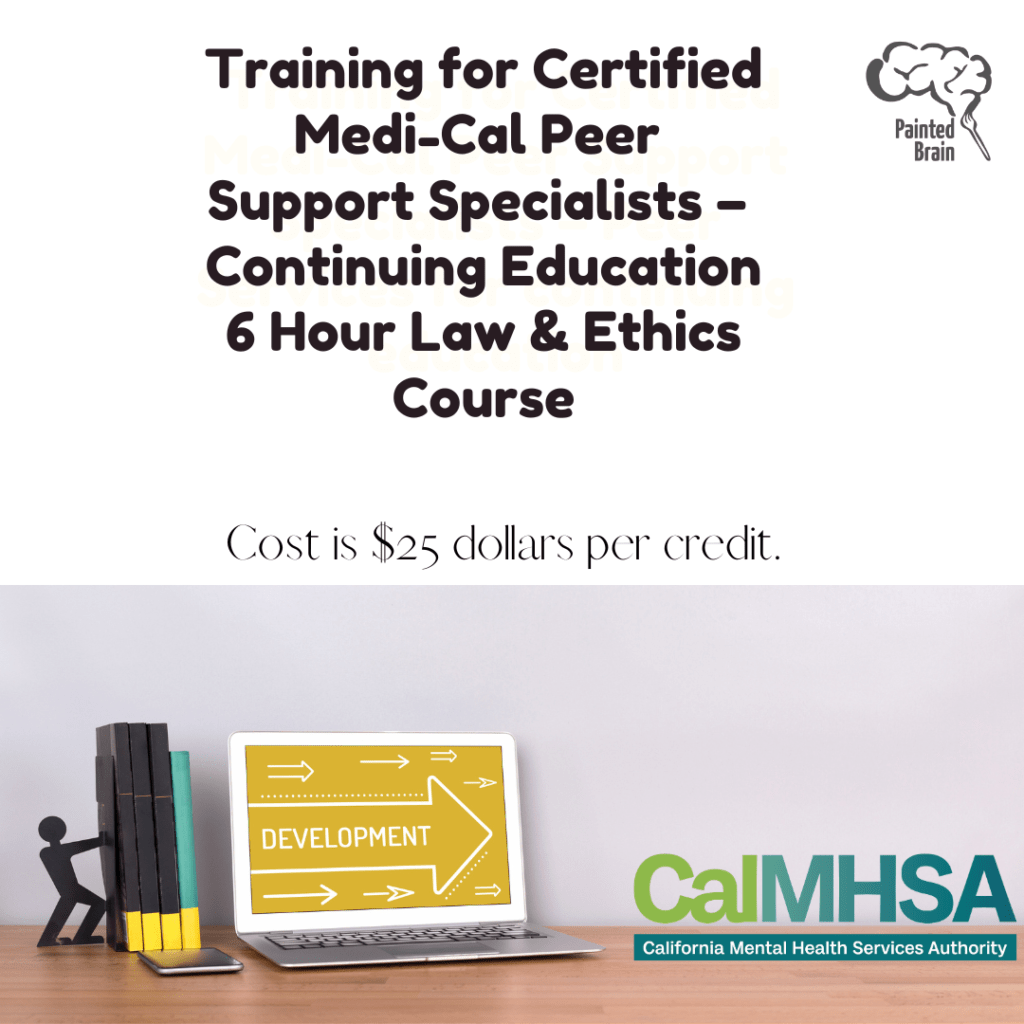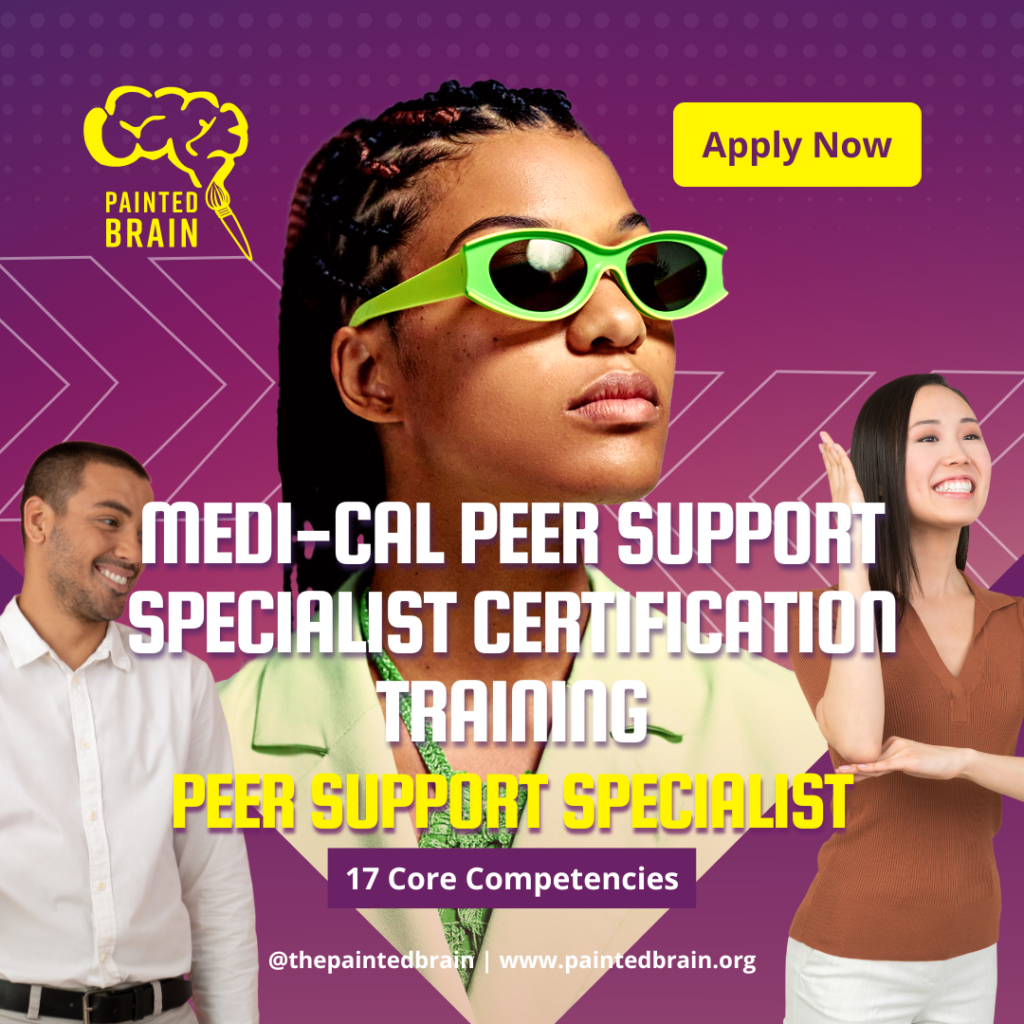Memory decline is a notable issue linked to the aging process, causing concerns for both those experiencing it and their caregivers. As individuals age, alterations in brain chemistry can give rise to memory-related challenges that might hinder their autonomy and daily functioning. Within this article, we will explore numerous therapeutic approaches and strategies intended to assist individuals coping with memory loss in preserving their cognitive capabilities and independence. Furthermore, we will offer valuable guidance to caregivers on effectively aiding their loved ones in improving their overall quality of life.
Understanding Memory Loss and Brain Chemistry Changes
In aging individuals, memory decline emerges as a complex hurdle, manifesting in the gradual deterioration of cognitive abilities like memory recall and retention. As individuals grow older, their memory decline becomes intricately linked to changes in brain chemistry, which encompass variations in the levels of neurotransmitters, the adaptability of synapses, and the overall health of neurons. Accompanying these shifts are notable changes in the brain’s structure and function, impacting the processes involved in memory formation and retrieval. Moreover, oxidative stress, inflammation, and the accumulation of amyloid plaques and tau proteins further worsen cognitive decline over time. Understanding the intricate interplay between memory loss and alterations in brain chemistry equips researchers and healthcare providers with valuable insights to develop precise interventions aimed at alleviating cognitive decline and fostering brain health.
Traditional Therapies for Memory Loss
In addressing memory loss, traditional methods encompass diverse strategies directed at alleviating cognitive decline and enhancing overall brain function. In the realm of memory loss treatment, pharmacological interventions stand out, employing medications to modulate specific neurotransmitters by targeting cholinesterase, with the ultimate goal of enhancing memory processes. Alongside these interventions, cognitive rehabilitation strategies, including memory exercises and cognitive behavioral therapy, focus on strengthening cognitive abilities and implementing compensatory techniques. Furthermore, lifestyle adjustments, such as independent senior living, maintaining a nutritious diet, engaging in regular physical activity, and participating in intellectually stimulating activities, are crucial elements of traditional therapy. Despite the effectiveness of these established approaches in managing memory loss to varying extents, ongoing research is imperative to address their limitations and explore innovative interventions.
Emerging Therapies Targeting Brain Chemistry Changes
Research is actively delving into novel therapies that target alterations in brain chemistry linked to memory loss. One promising area of research focuses on manipulating neurotrophic factors, which are essential substances supporting the growth and function of neurons. Another avenue being explored involves the use of nutritional supplements like omega-3 fatty acids and antioxidants, showing the potential to enhance brain health and potentially delay cognitive decline. Advancements in gene therapy also hold promise for addressing memory loss by targeting specific genetic factors implicated in neurodegeneration. Additionally, researchers are exploring integrative approaches that combine different therapies, such as neurofeedback training and transcranial magnetic stimulation, to improve brain function and cognition. These emerging therapies represent promising avenues for individuals affected by memory loss and offer hope for more effective treatments in the future.
Alternative Approaches for Memory Enhancement
Beyond traditional methods, unconventional approaches provide innovative avenues for boosting memory and cognitive function. One such method is mindfulness meditation, concentrating on the present moment and fostering awareness of thoughts and sensations. Studies indicate that regular mindfulness meditation may enhance memory, attention, and overall cognitive function while reducing stress and anxiety, factors linked to cognitive decline. Cognitive training programs, such as brain fitness exercises and memory games, offer targeted cognitive stimulation to promote brain health and enhance cognitive abilities. Virtual reality therapy is emerging as another promising method, offering immersive experiences aimed at stimulating memory recall and spatial navigation skills. Music therapy is also gaining attention for its potential to improve memory function by enhancing mood and cognitive performance. These non-traditional approaches offer diverse options for individuals seeking to maintain and improve memory function, providing exciting prospects for cognitive health and well-being.
Current Research and Promising Directions
As researchers delve deeper into understanding memory loss and brain chemistry changes, current studies shed light on promising directions for future therapies. Recent investigations have focused on unraveling the intricate mechanisms underlying memory decline and identifying novel targets for intervention. One area of interest involves the exploration of neurotrophic factor modulation, aiming to enhance neuronal growth and function to combat cognitive decline. Additionally, research on nutritional supplements such as omega-3 fatty acids and antioxidants holds promise for supporting brain health and potentially delaying cognitive decline. Advancements in gene therapy present another avenue for addressing memory loss by targeting specific genetic factors implicated in neurode-generation. Furthermore, researchers are exploring integrative approaches that combine various therapies, such as neuro-feedback training and transcranial magnetic stimulation, to enhance brain function and cognition. These ongoing research endeavors offer hope for the development of effective therapies that can mitigate memory loss and improve cognitive function in individuals experiencing age-related cognitive decline.
Challenges and Future Directions
While advancements in research offer promising avenues for combating memory loss and brain chemistry changes, several challenges and considerations remain. Ethical dilemmas surrounding the use of emerging therapies, such as gene therapy and neuroenhancement techniques, necessitate careful consideration of potential risks and benefits. Additionally, the accessibility and affordability of these innovative treatments pose barriers to widespread adoption, particularly among marginalized populations. Furthermore, the complexity of memory loss necessitates a multidisciplinary approach, requiring collaboration between neuroscientists, clinicians, psychologists, and caregivers to develop comprehensive and individualized treatment plans. Addressing these challenges will be crucial for advancing the field and ensuring equitable access to effective therapies for individuals experiencing cognitive decline. Looking ahead, future research efforts should focus on elucidating the underlying mechanisms of memory loss, identifying biomarkers for early detection, and developing personalized interventions tailored to the specific needs of each individual. By addressing these challenges and embracing interdisciplinary collaboration, we can pave the way for transformative advancements in the field of memory loss therapy and ultimately improve the quality of life for those affected by cognitive decline.
Conclusion
In conclusion, memory loss and brain chemistry changes pose significant challenges for individuals as they age, impacting daily functioning and quality of life. However, through the exploration of traditional and non-traditional therapies, as well as ongoing research into emerging interventions, there is hope for preserving cognitive function and enhancing brain health. By addressing the complexities of memory loss with a multidisciplinary approach and embracing innovative strategies, we can empower individuals and caregivers to effectively manage cognitive decline and promote overall well-being. As we continue to navigate the complexities of memory loss and brain health, it is imperative to prioritize research, education, and access to care to ensure that individuals facing cognitive challenges receive the support and resources they need. Together, we can work towards a future where memory loss is not a barrier to living a fulfilling and vibrant life.





